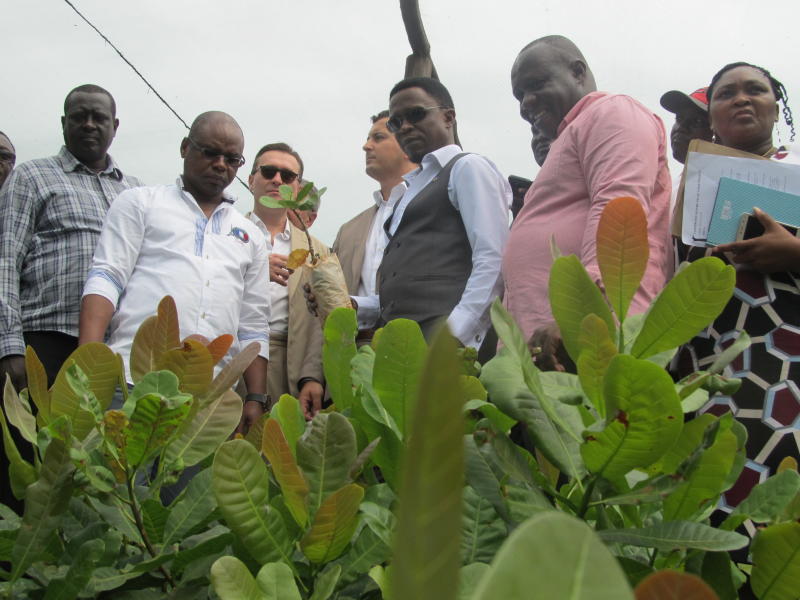×
The Standard e-Paper
Fearless, Trusted News

KILIFI, KENYA: Kilifi county government has embarked on an ambitious multi-million-shilling project that will see farmers plant more than two million new hybrid cashew nut plants in the next two years.
The project to revive cashew nut farming by planting up to five million high-yielding seeds will also rope in Kwale County.